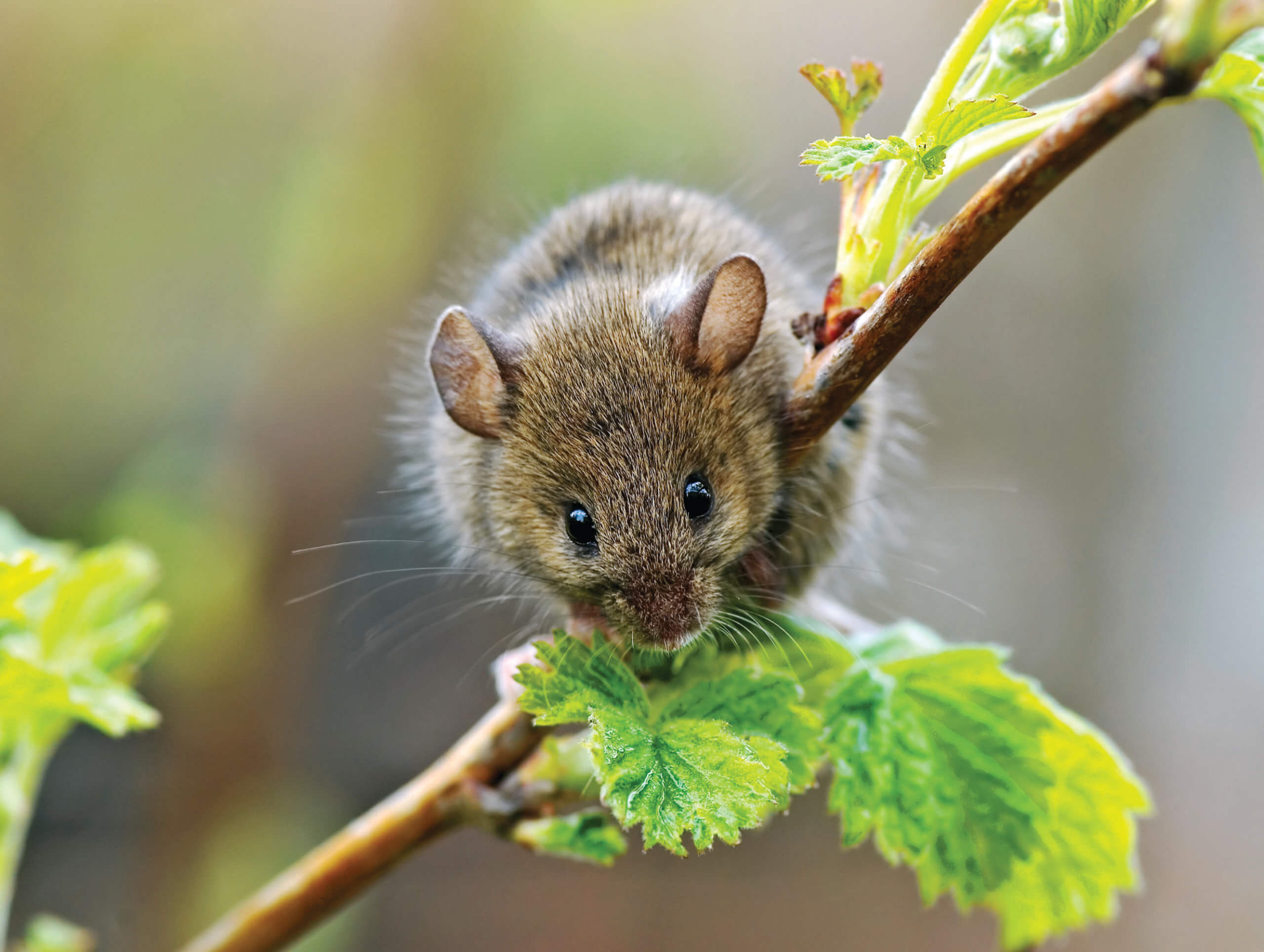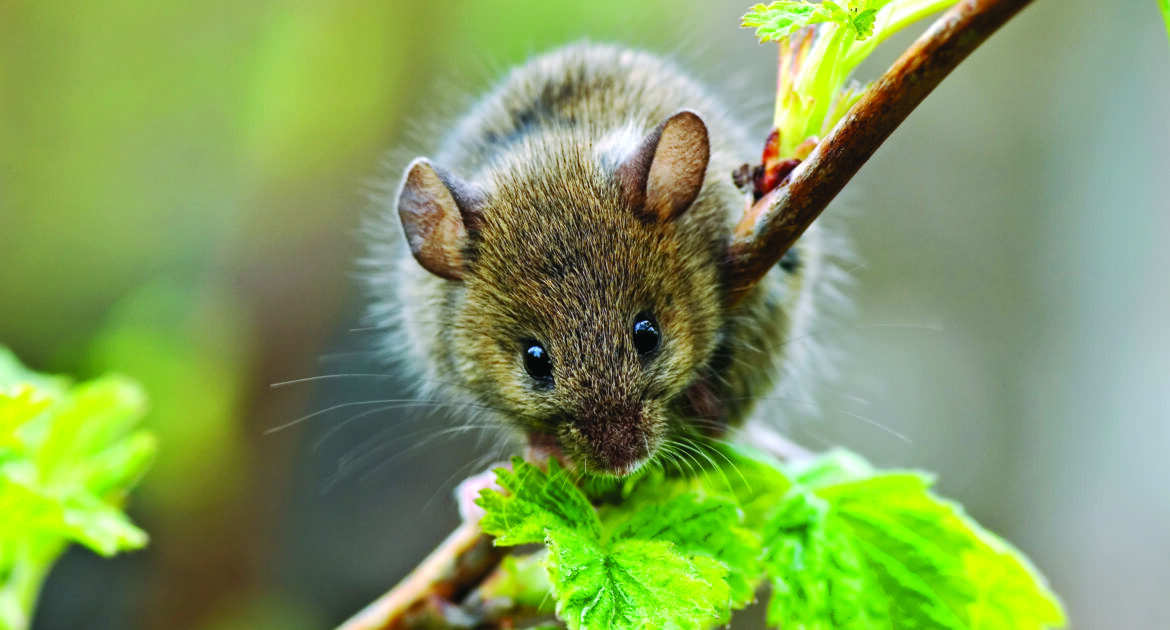You may be able to deter animals from your property and avoid a need for wildlife control in Barrie by removing sources of food from your property. However, this can be a challenge if you need to plant grass seed in your yard, which is a source of food for mice. Fortunately, there are things you can do to prevent mice from eating grass seed.
Why Do Mice Eat Grass Seed?
Mice are omnivores and opportunistic feeders. They eat almost anything they can, but seeds of any type are a particular favourite food of theirs, including grass seed. Once the grass seeds germinate, the mice may eat the young shoots as it grows. This can prevent the grass from growing properly.
Mice eat grass seed wherever and however they can get it. They may sneak into your yard and eat it after you have planted it, or they may sneak into your garage or shed where you have it stored and eat it. If you keep it in a container such as a plastic bag or a cardboard or wooden box, they can chew through the material to get to the grass seed. The gnawing action helps to file down their teeth which, like with all rodents, never stop growing.
Is Grass Seed Bad for Mice?
If the grass seed is untreated with any chemicals, it is not harmful for the mice to eat it. Seeds such as grass seed are high in carbohydrates that give the mice energy for running around and foraging. Seeds are an important part of a mouse’s natural diet, and it is generally healthy for them to eat.
However, grass seed is sometimes sold with a chemical coating created by Pennington Seed. Penkoted seeds, as they are known, are recognizable by their bright green color, while uncoated grass seeds are naturally a shade of brown. The coating is intended to help the grass grow more lush and green and prevent fungal growth. However, it is also toxic to mice. Mice don’t realize that the penkoted grass seed is toxic to them and will eat it anyway. It can harm them if they eat it.
How Can You Prevent Mice From Eating Your Grass Seed?
Mice are likely to be attracted to grass seed that is stored in a garage or a shed. Ideally, the way to prevent this is to buy only as much grass seed as you need and sow it within a day of purchase. However, this could be difficult as grass seed is typically sold in containers of arbitrary sizes. You should buy the smallest size that will serve your purpose, but even then you may have some leftovers, which you should save in case the mice eat the seed that you have already sown.
You should store excess grass seed in a container that mice cannot chew through, such as a metal or plastic box. Metal is preferable because it is more durable and easier to clean.
Unfortunately, there is little you can do to prevent mice from eating your grass seed after you have planted it. An often-recommended folk remedy is to spray peppermint oil around your yard as a mouse deterrent. In theory, at least, the strong smell will repel the mice. There is no harm in attempting to use peppermint oil as a mouse deterrent, but it may not be effective against the most determined mice, which are strongly motivated by food.
Skedaddle Provides Humane Wildlife Control in Barrie
Mice that are already in your home may be more likely to eat your grass seed, or grass seed could draw mice to your home, where they may then take up residence. In either case, our trained technicians can remove them humanely from your property and prevent them from coming back through exclusion. Find out more about mice removal and other services we offer in Barrie.




